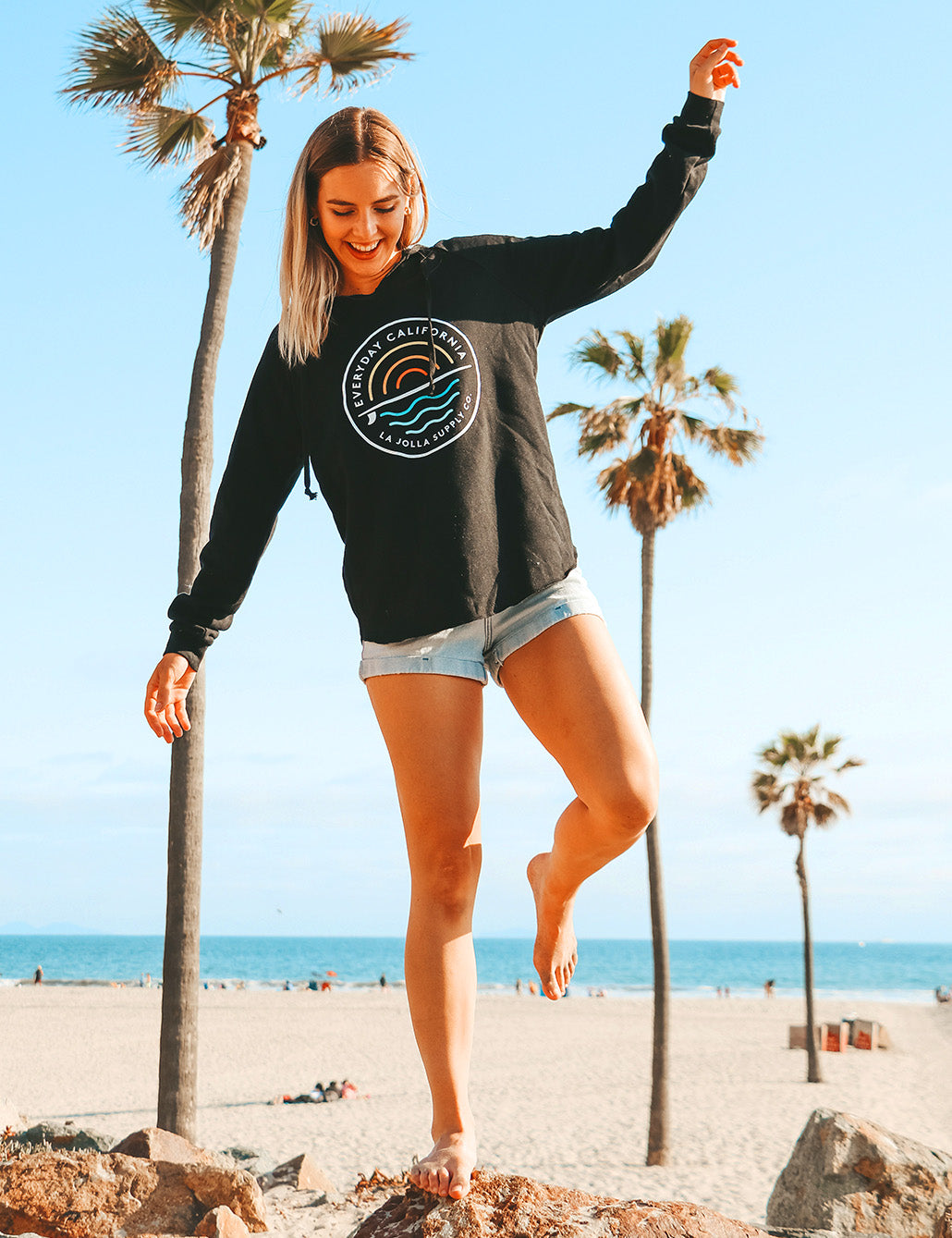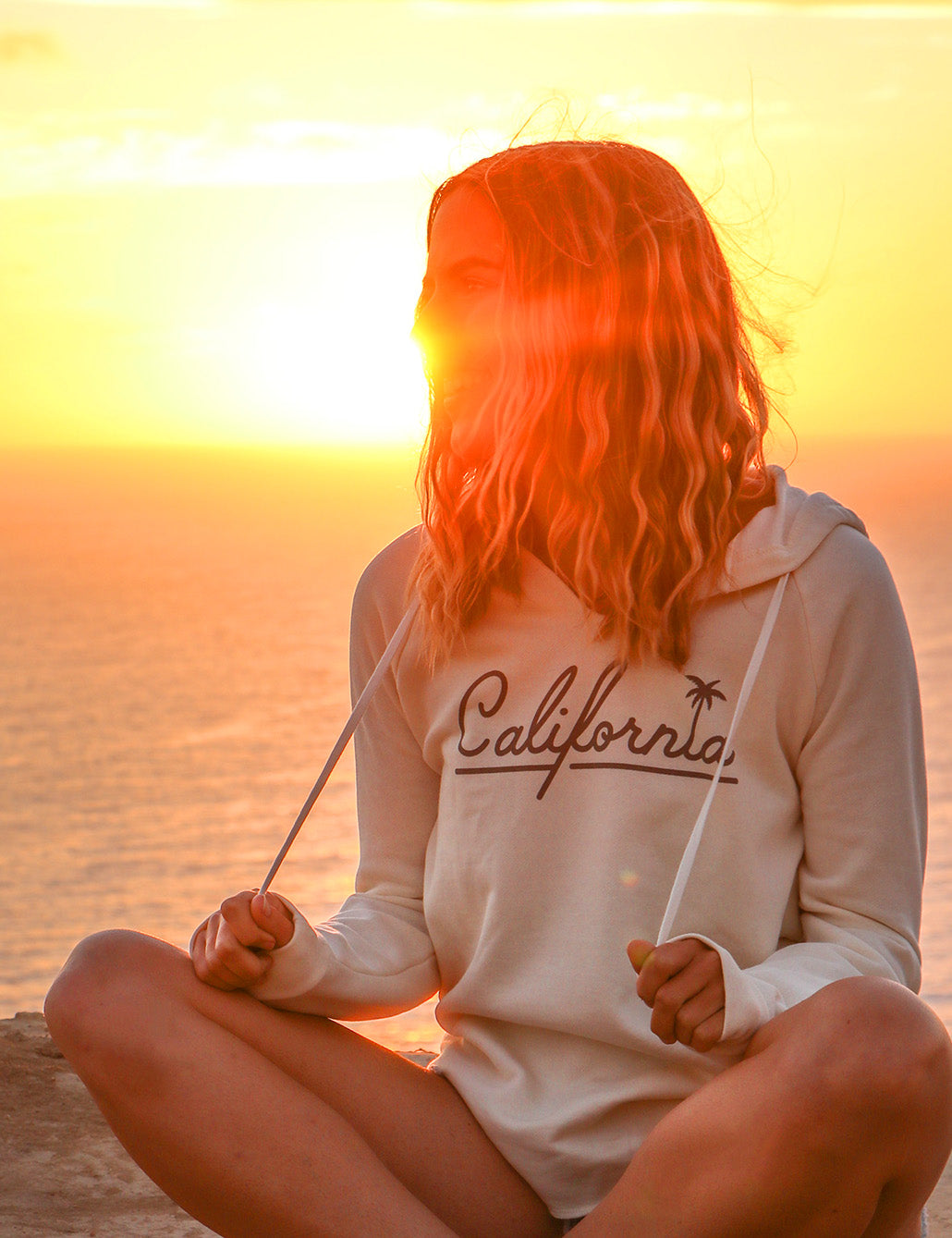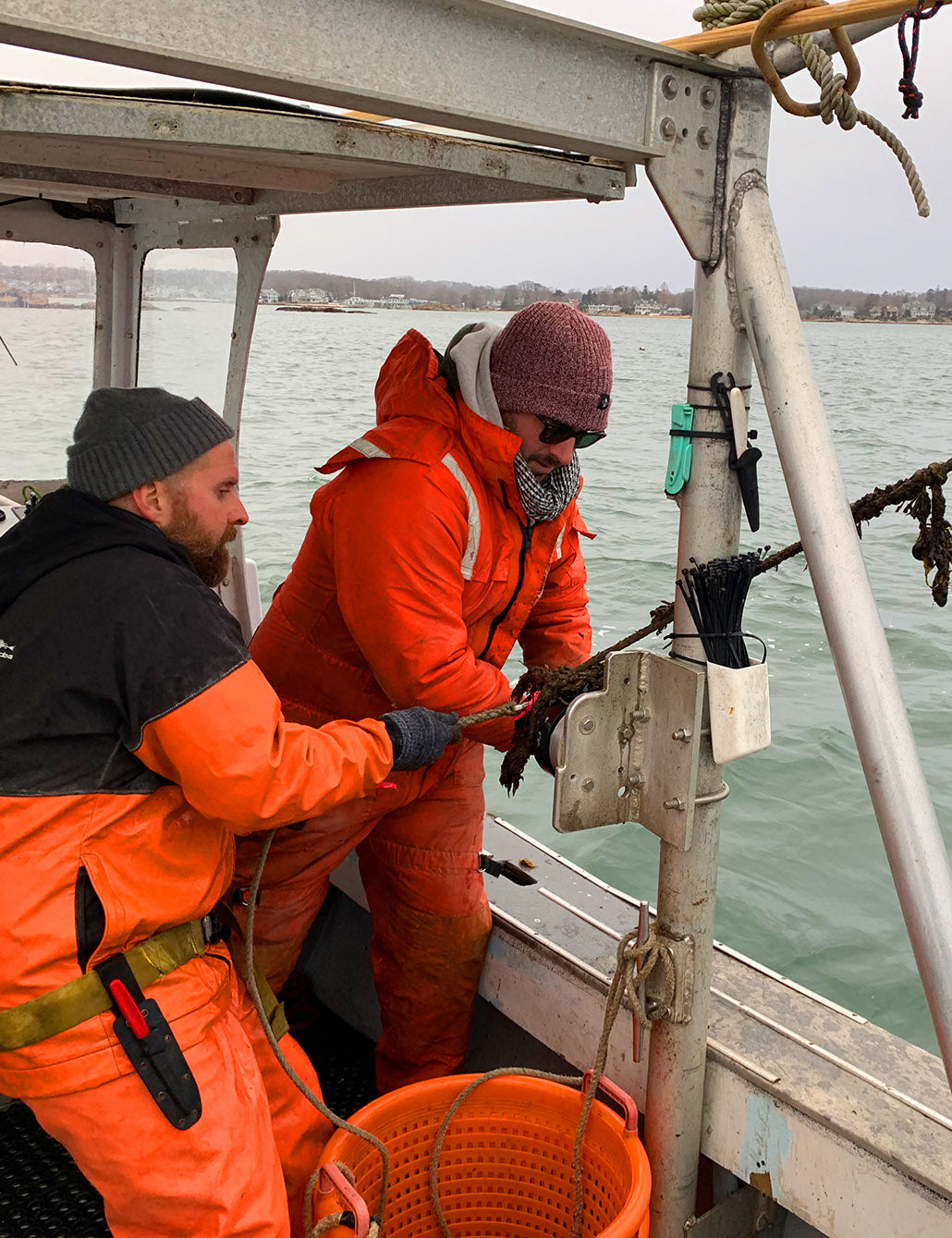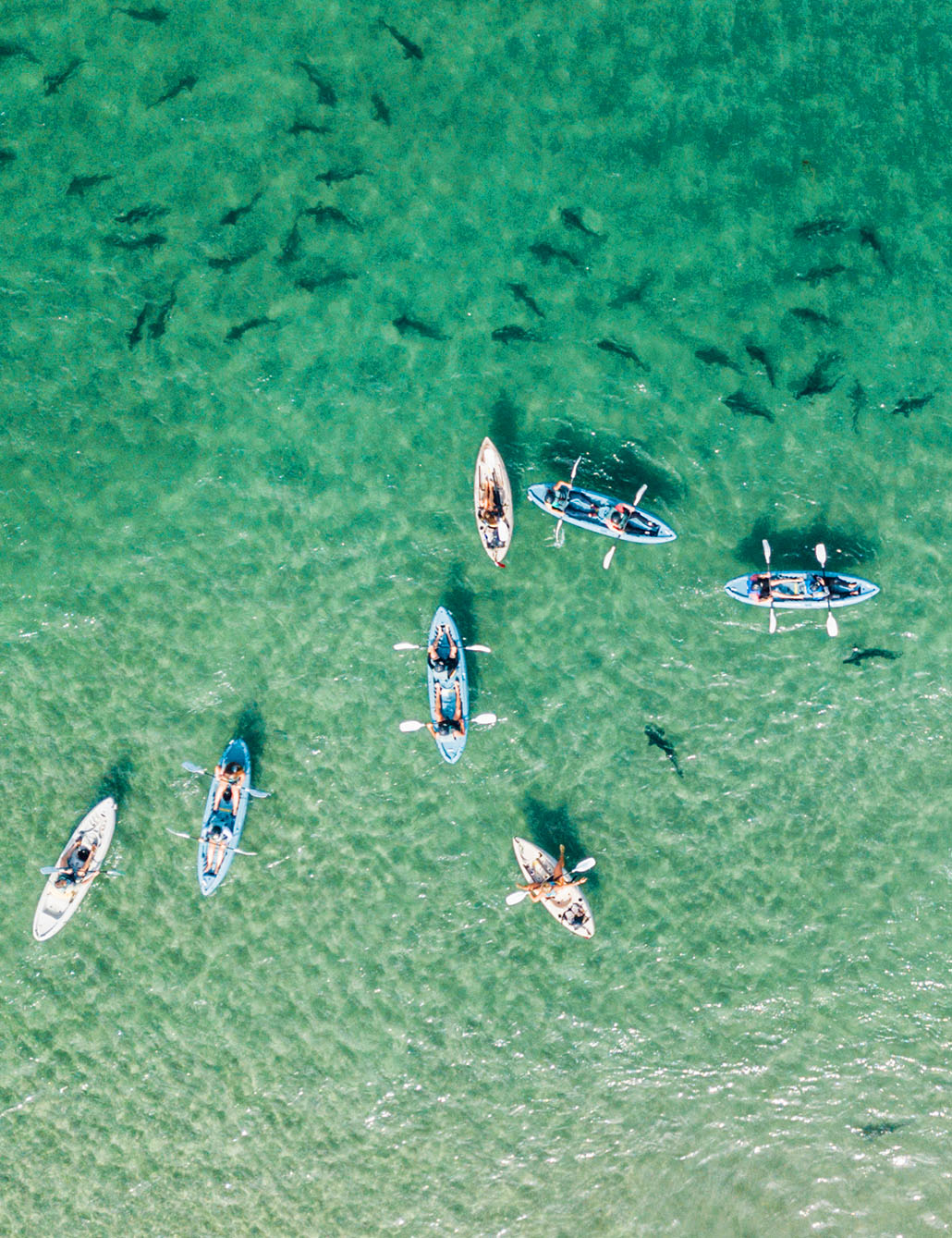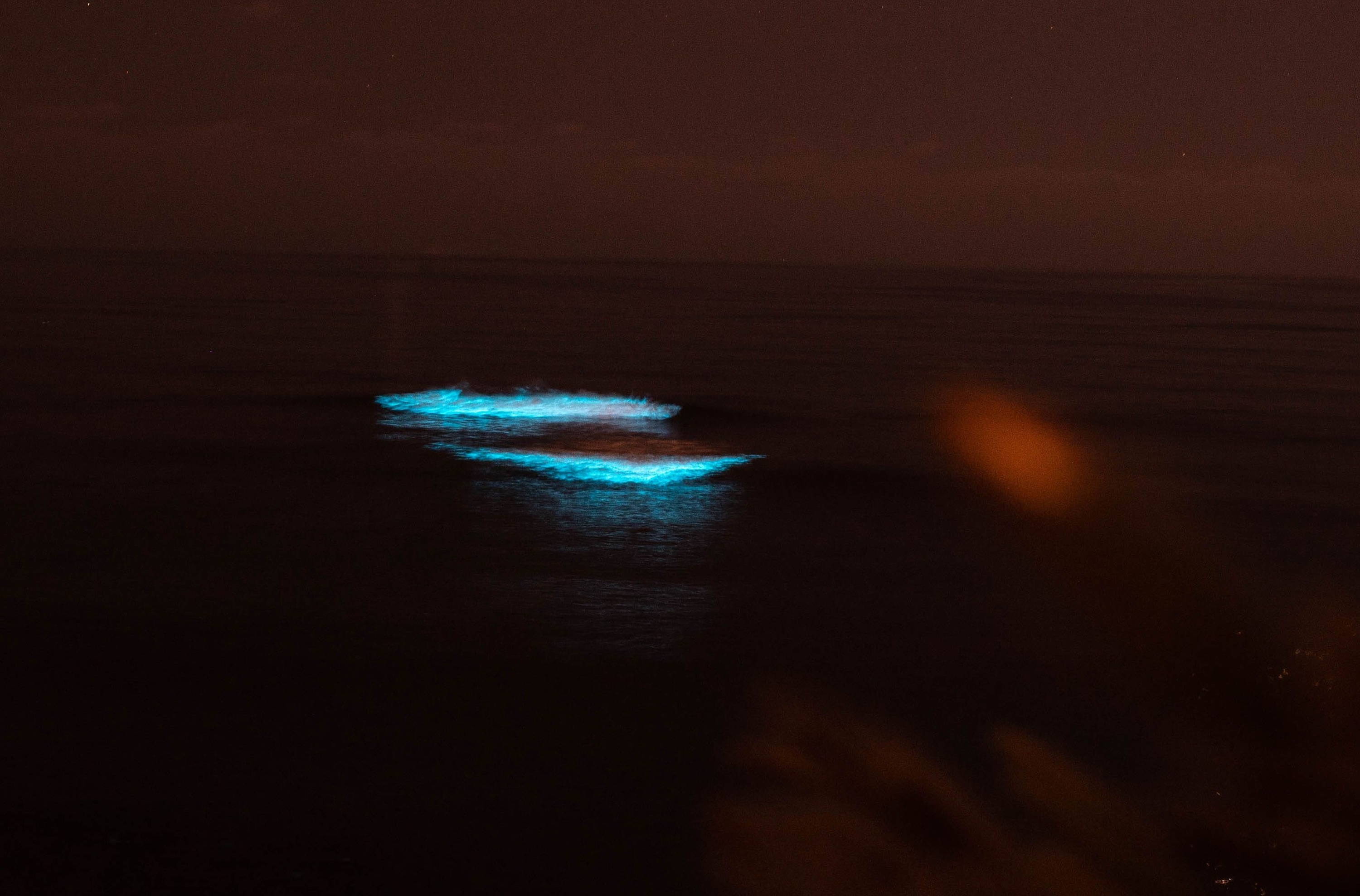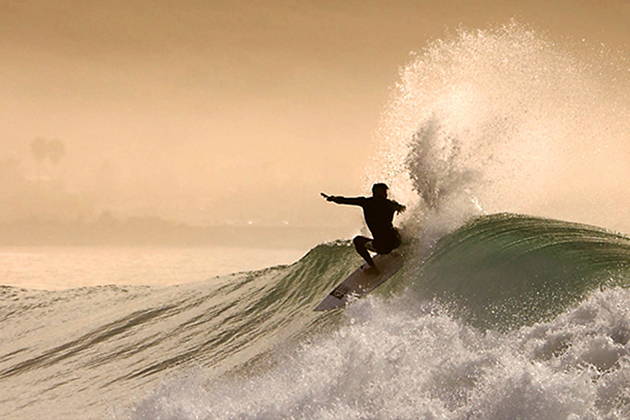By Andrew Iida l Head Writer & Resident EMT
Wear Sunscreen.
If you asked us to give you our top five pieces of advice for living a happy, healthy life, four of those tips would be “wear sunscreen” (the fifth would be to learn how to surf).
1 in 5 Americans will develop skin cancer by age 70, and the majority of melanomas are caused by exposure to ultraviolet light. Sunscreen is important, which is why we’re making our own brand.
But you might have seen some news about sunscreen being banned in some places. In the United States, Hawaii and the U.S. Virgin Islands have banned certain sunscreen, and Key West, Florida passed a ban that will go into effect in 2021. If sunscreen is important, why are we starting to ban it?
Nowhere in the world has banned all sunscreen. That would be insane. Sunscreen is important. The sunscreen bans prohibit specific types of sunscreen with chemicals that are known to cause damage to the oceans.
For example, Hawaii banned sunscreen with oxybenzone and octinoxate. Beach goers are encouraged to purchase reef-safe sunscreen.
Why does sunscreen affect reefs?

A healthy coral reef. These habitats are home to more than a million different species of animals.
Researchers think that 14,000 tons of sunscreen are washed into the ocean each year. The sunscreen that goes into the ocean doesn’t spread out across the entire planet. Instead, it accumulates where people are diving and swimming the most—areas like coral reefs, kelp forests, and marine reserves that host a huge amount of marine life.
Is sunscreen in the ocean a problem?

A reef experiencing coral bleaching. The coral isn't dead, but if nothing changes, they will likely die soon.
Yes! Many sunscreens have active ingredients that are incredibly damaging to marine life. Oxybenzone and octinoxate in particular are known to damage and kill sea animals. A lot of the focus is on coral reefs, where sunscreen has been causing coral bleaching. This is why sunscreens without harmful chemicals are called “reef-safe”, but it’s not just coral reefs that are being affected. Algae, urchins, fish, shellfish, and even marine mammals are affected by sunscreen. Reef-safe sunscreen helps protect all ocean life, and by extension, all life on Earth. Maybe “Ocean-Safe” is a better term.
Should we stop wearing sunscreen at the beach?

No! Sunscreen is important. The ocean is one of the places you need sunscreen the most because there is no shade and people have more skin exposed to the sun. Even if you wear 100% UV resistant clothing with long sleeves, you’ll still need sunscreen on your face, hands, and feet.
Are the banned sunscreens okay to use when you’re not at the beach?
The chemicals in sunscreen are not removed by wastewater treatment plants, so when it is washed off in a shower or sink, it eventually makes its way back to the ocean. So you don’t even need to be near an ocean for your sunscreen to harm marine life.
What makes a sunscreen “reef-safe”?
There is no standard definition of what makes a sunscreen reef-safe. This means that anyone who makes sunscreen can put “Reef-Safe” on the bottle, no matter what’s inside. Some people think of reef-safe sunscreen as one that doesn’t contain oxybenzone or octinoxate. The scientists at the National Oceanic and Atmospheric Administration (NOAA) think the list of harmful chemicals should be much longer.

The National Parks Service recommends only using physical/mineral sunscreens instead of chemical ones.
What is the difference between mineral and chemical sunscreens?
The most common sunscreens are chemical sunscreens, which work by absorbing UV light. A chemical reaction converts the light into heat, which is then carried away from the skin. Chemical sunscreens must be absorbed into the skin to protect against UV light.
Mineral sunscreen, also called physical sunscreen, is rising in popularity. It sits on top of the skin and blocks UV light. Instead of working with a chemical reaction, mineral sunscreens work by reflecting the sun’s rays before they hit your skin. The minerals in physical sunscreen are chemicals, but they do not need a chemical reaction to protect against UV.
Why do people choose chemical sunscreens?
Chemical sunscreens are generally thinner and easier to spread than physical sunscreens, so putting it on can be easier and quicker. They are usually more water-resistant, so you’ll spend less time applying sunscreen at the beach if you use a chemical sunscreen.
Why did we choose mineral sunscreen?
Mineral sunscreens start working immediately, unlike chemical sunscreens, which need about 30 minutes to be absorbed into the skin. Because they don’t need to be absorbed, they are often better for people with sensitive skin. Physical sunscreens last longer in UV light, so if you’re not getting in the water or doing something that makes you sweat a lot, they will last longer. They’re also potentially a lot safer to humans than chemical sunscreens.
Are chemical sunscreens dangerous?
Chemical sunscreens might be, but we aren’t quite sure exactly what the effects of those chemicals are. The United States Food and Drug Administration has proposed that only physical sunscreens made from zinc oxide or titanium dioxide, should be labeled as Generally Recognized As Safe and Effective.
Because chemical sunscreens are absorbed into the body, the FDA wants more studies to find out how that absorption is affecting us. It’s an important question, because high concentrations of these chemicals have been shown to disrupt hormone production in lab rats.
This does not necessarily mean that chemical sunscreens are dangerous. So far, there have been no studies that show a link between health problems and chemical sunscreen use, and it would take more than 200 years of daily sunscreen use to reach the levels of chemicals that affected the rats.
If chemical sunscreen is your only option, you should wear it because sunscreen is important. But until more research is done, we’ll always choose mineral sunscreen whenever we can.

As much as we want to avoid chemical sunscreens, you should always keep yourself safe. If oxybenzone is our only option, we'll use it.
Are zinc and titanium bad for the ocean?
Yes, but only when the particles are nano-sized. Nanoparticles are smaller than 100 nanometers (one ten-millionth of a meter). These particles are small enough to pass through skin, and so they can be absorbed into the bodies of animals, including humans.
Nano-zinc is particularly bad for coral, but when you’re not using nanoparticles, zinc is the best mineral sunscreen. Titanium dioxide has great protection against UVB, but UVA will still reach your skin. Zinc oxide protects against the entire ultraviolet spectrum.
Where can we buy a sunscreen that is effective and truly reef-safe?
Not in most stores. We think this is an important issue, and we hope to see everybody switch over to reef-safe sunscreen, but we started to become frustrated that the change is happening slowly. It doesn’t matter if you know what reef-safe sunscreen is when you can’t find it in any store.
We got tired of waiting, so we decided to develop our own brand, making sure to create the safest type of sunscreen possible.
Everyday California Reef-safe Sunscreen

Everyday California’s sunscreen is mineral-based, water-resistant, and non-nano. We chose zinc oxide for our main ingredient because we know it's the only reef-safe sunscreen that provides full sun protection and has been recognized by the FDA as being safe and effective. The American Dermatological Association recommends a minimum of 30 SPF, so our face, body, and spray sunscreens all come in either 30 or 50 SPF.
We know that people avoid mineral sunscreen because it usually wears off faster in the water, so we made sure that our sunscreen is water resistant up to 80 minutes, the same as any brand of waterproof chemical sunscreens.
You might be wondering if we have a kid’s sunscreen available. We don’t make one specifically for kids because zinc oxide sunscreen is considered to be the safest type of sunscreen for children and babies. It’s the same mineral that is found in most diaper rash creams, so adults and young children can both use our sunscreen.
We want you to feel good about what you’re putting on your skin, so we only use ingredients that have not been shown to cause harm to people or our oceans. Additionally, every sunscreen purchase comes with a guarantee that a portion of the profits will be donated to an environmental nonprofit.
Sunscreen is important, and we hope you choose a type that protects our oceans and our planet while keeping you safe from harmful chemicals and UV light. We’ll do our part to make sure that you can.
P.S., if you forget to wear sunscreen, we’re also making a Sun Relief Aloe Gel


